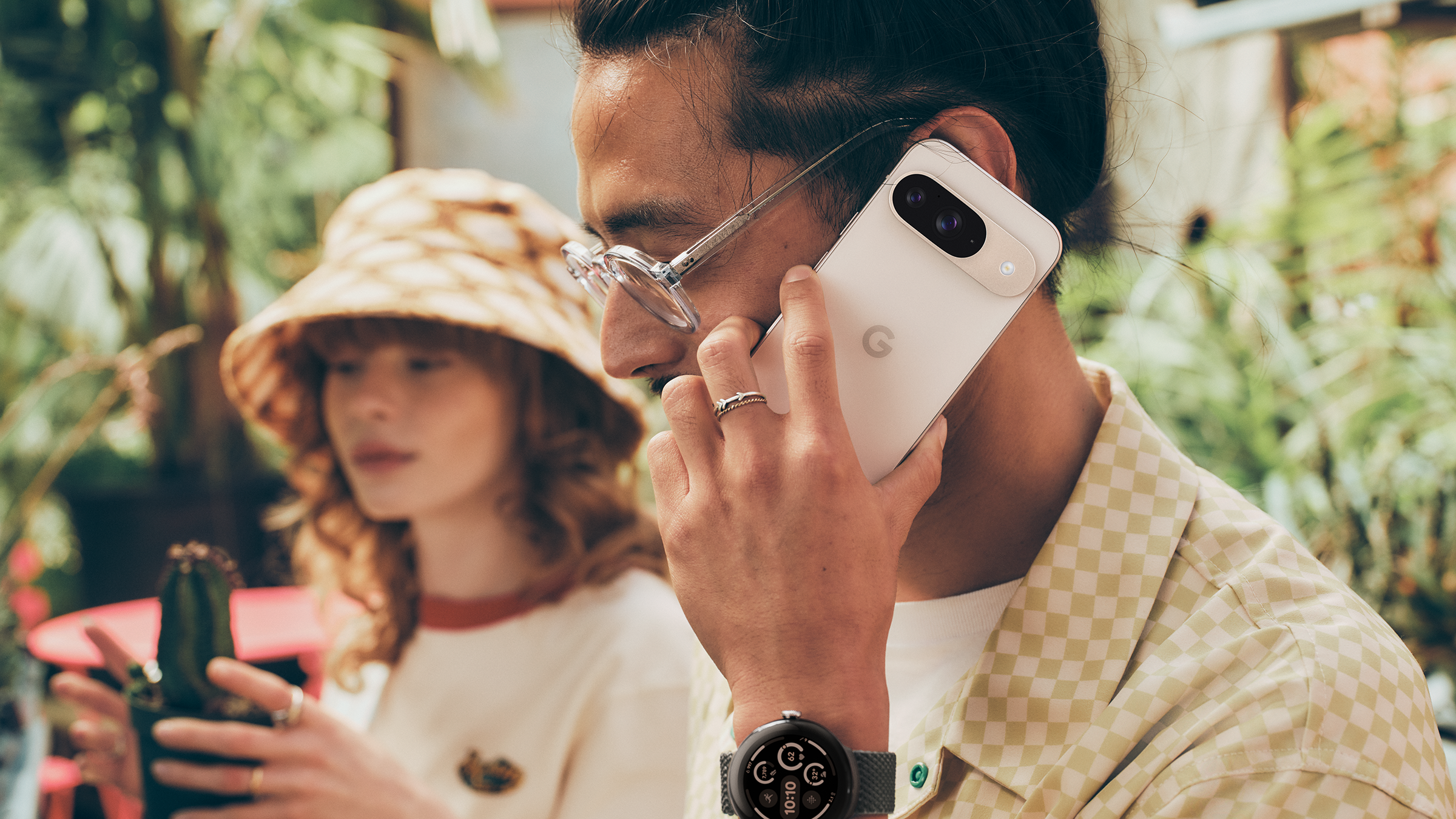
Yesterday, I watched Google go big and reveal its latest Pixel phones at the summer Made by Google event. There's a quartet of new handsets that'll be vying for positions in the best Android phones for 2024: the Pixel 9 is joined by the 9 Pro and larger-scale 9 Pro XL; there's also the company's second-gen foldable in the Pixel 9 Pro Fold.
I'm hyped for every one of those handsets – well, except for the smaller 9 Pro, to be honest, as I'm the opposite of the target audience for that 6.3-inch model – and the addition of Google's latest Tensor G4 chipset in each one and upgrading of RAM in many also sees Google go big on artificial intelligence. Which is no surprise, right? After all, AI is the flavour of 2024.
In the shadow of Samsung revealing its Galaxy AI suite of features for the Galaxy S24 range – and, in my view, the Samsung Galaxy S24 Ultra is the best phone of 2024 (it won the T3 Award to that effect) – there's a little niggle about Google's Gemini AI being integrated on all Pixel devices that I can't quite shake.

Google Gemini Advanced is provided for a year for those who purchase a new Pixel 9 handset and claim that benefit before 15 November 2024. But after that? Well, you're going to have to subscribe. And Gemini Advanced is priced at £18.99/$19.99 per month. That's £227.88/$239.88 per year.
Now, don't get me wrong here: there's a dual layer to Google's AI setup on the Pixel 9 phones. Gemini AI is integrated on-device, so you can benefit from various features with no subscription interference. There's Magic Editor, for example, where you can manipulate images significantly – including moving subjects within a frame, generative fill, and more. It's advanced stuff that depends on some processing in the cloud, given the complexity of its demands.
There's more too: Pixel Screenshots is on board to save, organise and recall information within your saved image gallery; Pixel Studio is an AI image-generator, which uses the company's Imagen 3 for creative text- or voice-prompted creations; Call Notes can transcribe a phonecall in real-time; and there will be more integrated Android app-based solutions arriving in the future.

So what does Gemini Advanced add to the picture? It's access to Google's most advanced AI model, which can produce summaries, answers and feedback in apps such as Gmail and Google Docs. There's also 2TB data storage, which would usually cost £7.99/$9.99 per month as a Google One subscription. That means the 'AI' part of the equation is an extra £11/$10 per month.
Get all the latest news, reviews, deals and buying guides on gorgeous tech, home and active products from the T3 experts
Interestingly the competition isn't thinking in the same way: Samsung's isn't going to charge for its Galaxy AI... yet, anyway. The features will be free until at least the end of 2025, but who knows thereafter? And if the future of phones is AI, and the demands on data centres in the cloud to make these features happen only increases – which is a big cost to maintain, not to mention the further research and development – perhaps it'll become the norm for many phone-makers to offer a subscription model for the best-of-best features.
For now, however, I'm going to stick with the base package: the Google Pixel 9 Pro XL (£1099/$1099/AU$1849) looks like my dream Android phone this year, with lots of great features straight out of the box. But it's going to be interesting to see how future launches approach pricing plans and lock features behind subscription-based or one-off payment walls. Many car companies already do this, so maybe it's phones next...

Mike is T3's Tech Editor. He's been writing about consumer technology for 15 years and his beat covers phones – of which he's seen hundreds of handsets over the years – laptops, gaming, TV & audio, and more. There's little consumer tech he's not had a hand at trying, and with extensive commissioning and editing experience, he knows the industry inside out. As the former Reviews Editor at Pocket-lint for 10 years where he furthered his knowledge and expertise, whilst writing about literally thousands of products, he's also provided work for publications such as Wired, The Guardian, Metro, and more.
